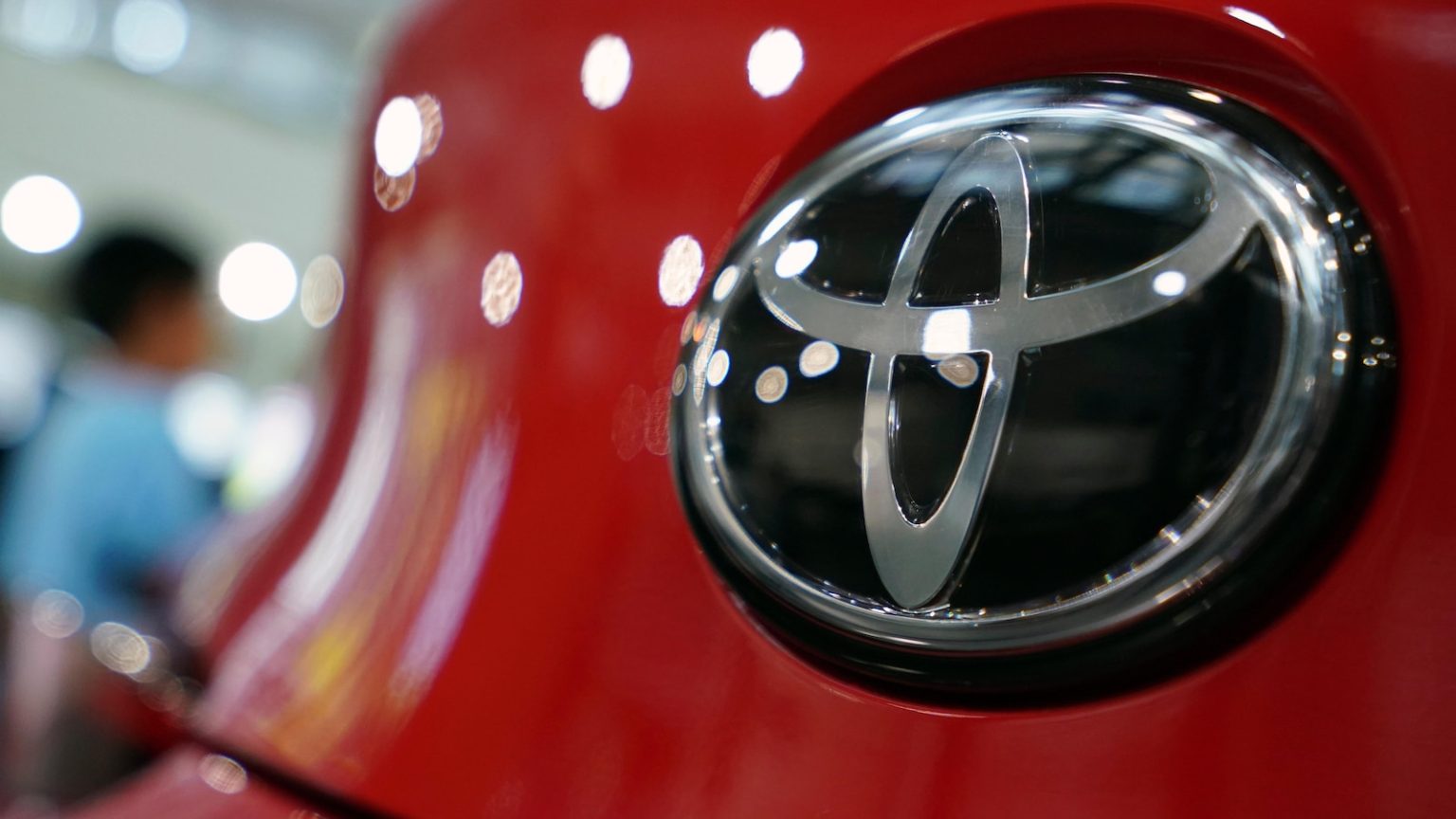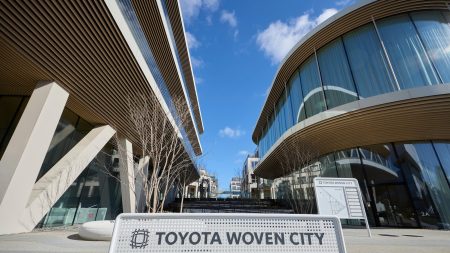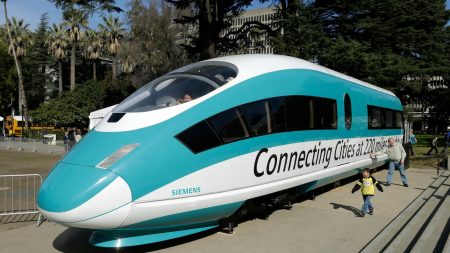Toyota Accelerates Electric Vehicle Push with New Ventures in China and the U.S.
Toyota Motor Corp., the world’s largest automaker, has announced ambitious steps to expand its electric vehicle (EV) production capabilities, signaling a strong commitment to catching up in a rapidly evolving automotive landscape. On Wednesday, the company revealed a new partnership with the Shanghai government to develop and manufacture electric vehicles and EV batteries in China. This move underscores Toyota’s strategic push into the booming Chinese EV market, where competitors like Tesla and BYD have already gained significant traction. Additionally, Toyota will start producing EV, hybrid, and plug-in batteries at a new $14 billion facility in North Carolina, with shipments set to begin in April for North American models. These developments highlight Toyota’s aggressive efforts to solidify its position in the electric car sector, an area where it has been criticized for lagging behind its rivals.
Toyota’s China Strategy: A New Chapter in EV Production
Toyota’s partnership with the Shanghai government marks a significant step in its pursuit of dominance in China’s EV market. The company is establishing a new entity in the Jinshan district of southwest Shanghai, where it plans to begin production of the Lexus brand’s first purely electric vehicles by 2027. The initial production capacity is expected to reach 100,000 vehicles annually, creating approximately 1,000 jobs in the region. This initiative is part of Toyota’s broader strategy to meet the surging demand for electric vehicles in China, the world’s largest automotive market. Toyota already has longstanding partnerships with China FAW Group Co. and Guangzhou Automobile Group Co., which will remain unchanged. The new venture in Shanghai is designed to cater to the unique needs of Chinese consumers, with local teams taking the lead in planning and developing battery-electric vehicles (BEVs).
Expansion in the U.S.: A $14 Billion Investment in North Carolina
In addition to its efforts in China, Toyota is making a substantial investment in the United States with the construction of a new battery plant in North Carolina. The facility, which represents a $14 billion investment, will produce batteries for electric vehicles, hybrids, and plug-in models. The plant is expected to create around 5,000 jobs and will begin shipping batteries for North American models starting in April. This move not only strengthens Toyota’s presence in the U.S. automotive market but also underscores its commitment to localizing production and reducing reliance on imports, a strategy that aligns with the broader industry trend of regionalizing supply chains.
Toyota’s Financial Recovery and Revised Profit Forecast
Toyota’s announcement comes amid a period of financial recovery for the automaker. On Wednesday, the company reported a 61% increase in its fiscal third-quarter profit, reaching 2.19 trillion yen ($14 billion), compared to the same period in the previous fiscal year. This improvement was driven by robust sales of 12.4 trillion yen ($81 billion), a 3% year-on-year increase. The strong performance reflects Toyota’s ability to bounce back from earlier challenges, including a certification scandal in Japan that led to production suspensions. Toyota has since revised its profit forecast for the full fiscal year through March 2025, raising it to 4.5 trillion yen ($29 billion) from the previously projected 3.6 trillion yen ($24 billion). This upward revision is attributed to favorable foreign exchange rates and cost-cutting measures.
Addressing Global Challenges: Trade Tensions and Sustainability
Toyota’s expansion efforts are taking place against a backdrop of growing trade tensions between the U.S. and China, with President Donald Trump’s tariffs on Chinese goods prompting retaliatory measures from Beijing. While Toyota’s Chief Financial Officer, Yoichi Miyazaki, did not directly address the tariffs, he emphasized the company’s long-standing philosophy of being a “company that will be loved wherever we do our business.” This commitment to building strong relationships with local communities is evident in Toyota’s investments in both China and the U.S., where the company aims to create jobs and contribute to the respective economies.















